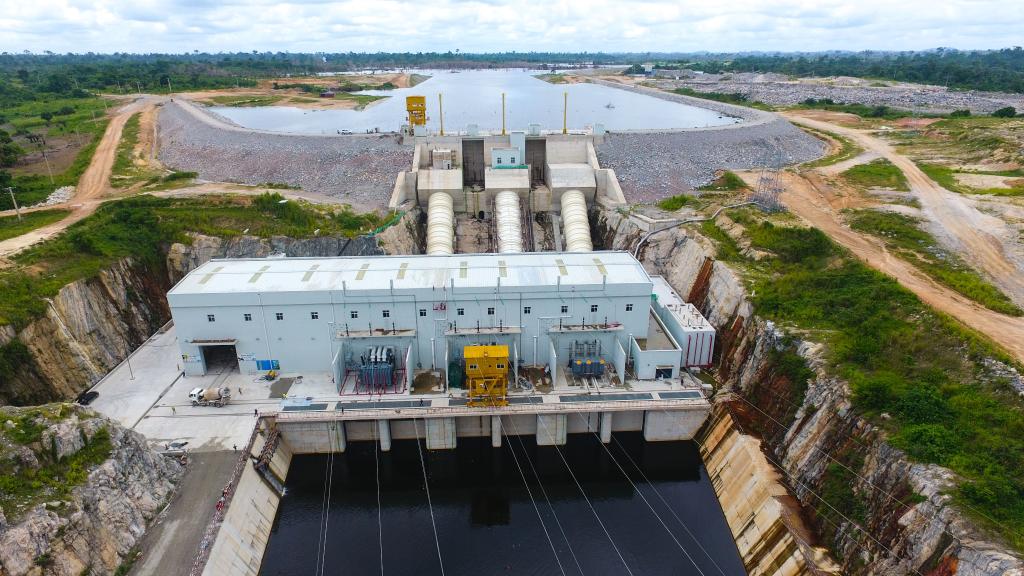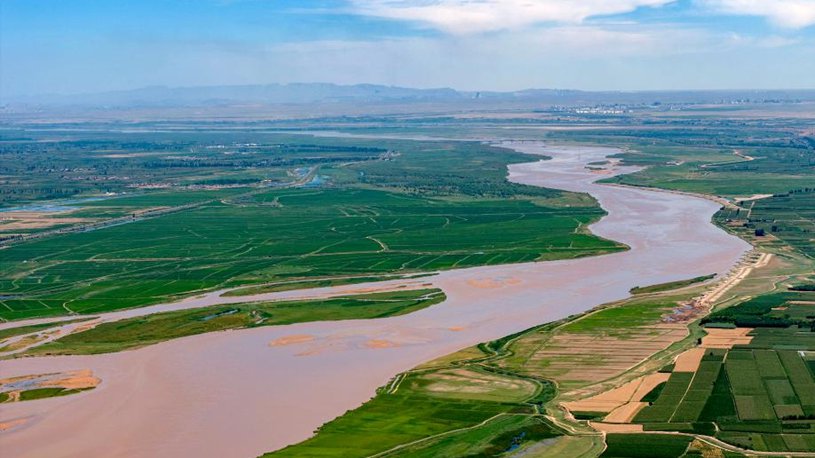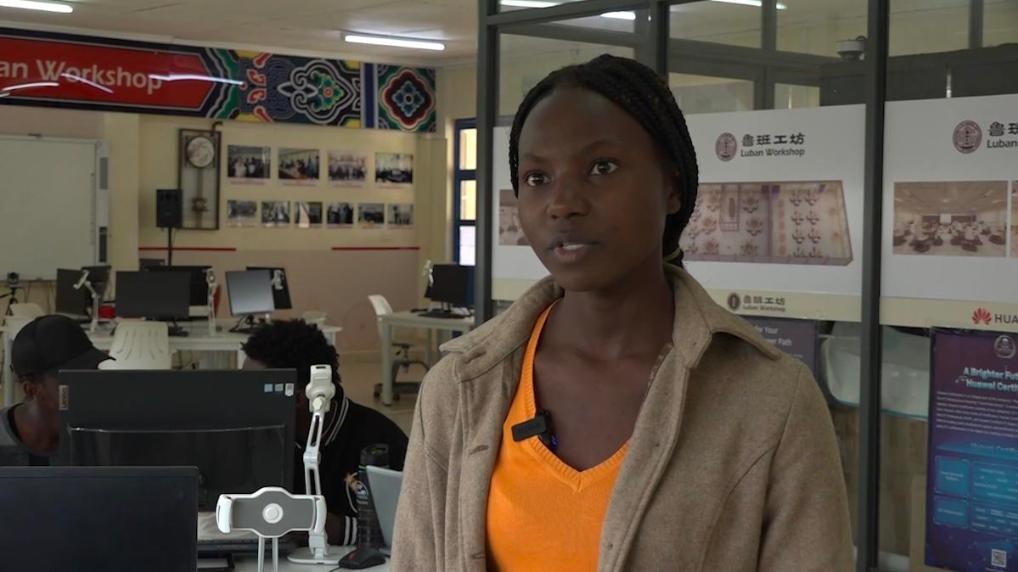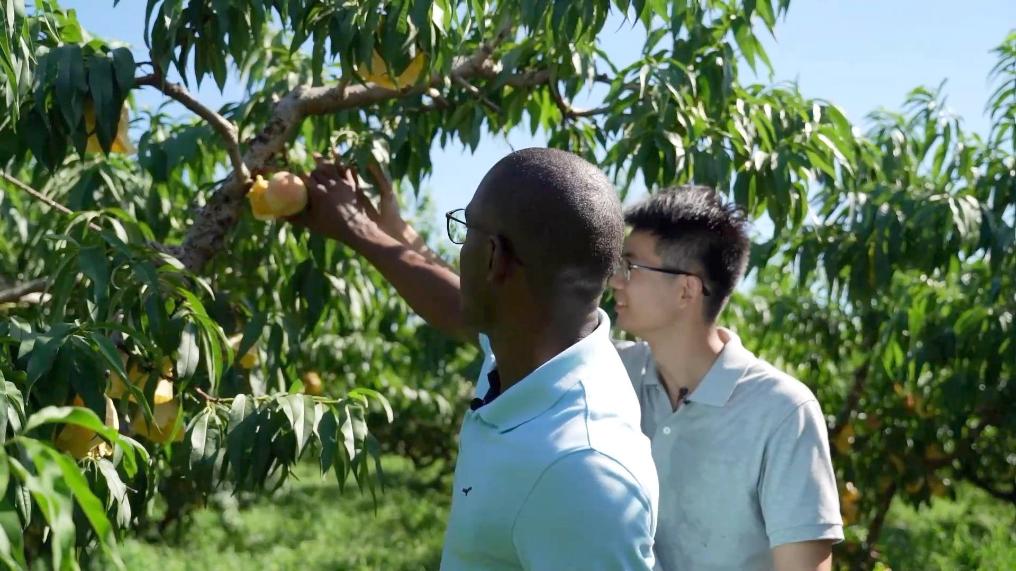
Soubre hydroelectric power plant provides Cote d'Ivoire with clean, reliable power for nearly seven years, boosting economic growth and improving the lives of local communities.
ABIDJAN, Aug. 31 (Xinhua) -- Rising from Cote d'Ivoire's Sassandra River basin, the Soubre hydroelectric power plant stands as the nation's largest hydropower facility.
Built by the Power Construction Corporation of China (PowerChina) and officially commissioned in November 2017, the landmark project has provided the region with clean, reliable power for nearly seven years, boosting economic growth and improving the lives of local communities.
With an installed capacity of 275 megawatts, the plant has already generated around 9.5 billion kWh of electricity, increasing Cote d'Ivoire's national power generation capacity by nearly 14 percent.
Kone Messamba, then-governor of the Soubre province, highlighted the plant's role in addressing power shortages and contributing to Cote d'Ivoire's aim of achieving emerging economy status by 2020. The station has also enabled the export of electricity to neighboring countries, benefiting the wider West African region.
Beyond energy production, the Soubre project has been a catalyst for social and economic empowerment.

Wazi Goffry, 20, an electrical engineering graduate and operator at the station, credits the project with providing invaluable job opportunities and skills training.
Deng Yue, PowerChina's deputy representative in Cote d'Ivoire, said during the construction phase, the project created over 3,000 direct jobs and 5,000 indirect posts.
The success of the Soubre station has led the Ivorian government to entrust PowerChina with downstream projects, including the Gribo-Popoli, Boutoubre, and Louga hydropower plants.
Many local workers who contributed to the Soubre's construction have since stepped into leadership roles at the new Gribo-Popoli hydropower station, showcasing the long-term benefits of the project.
Yao Michel N'guessan is one of the workers who rose from an electrician to a team leader through dedication and hard work. This achievement not only fulfilled his professional aspirations but also enabled him to support his two children and help his younger brothers pursue better education.
Deng further emphasized that the project has brought stable power to the residents of the Soubre region, greatly contributing to the growth of local industries, including food service, handicrafts, agro-processing and tourism.
Before construction, the project teams worked to minimize the disruption to local communities, reducing the number of affected villages from 38 to three.
Esther Siagbe, who moved to a resettlement village built by the Chinese company, now enjoys improved living conditions.
"Thanks to the Soubre station, we've moved into a new, bright, and spacious house with stable electricity," Siagbe said.
The project's design also integrated environmental considerations. The Soubre plant maintains an ecological flow to protect the Nawa Falls and downstream ecosystems, safeguarding local tourism and culture.
"The Soubre Hydroelectric Power Plant is our pride," said Bonaventure Tiegbe, former secretary-general of the Soubre provincial government, adding that the station has become a regional landmark, attracting tourists and uplifting the spirits of the local people.












